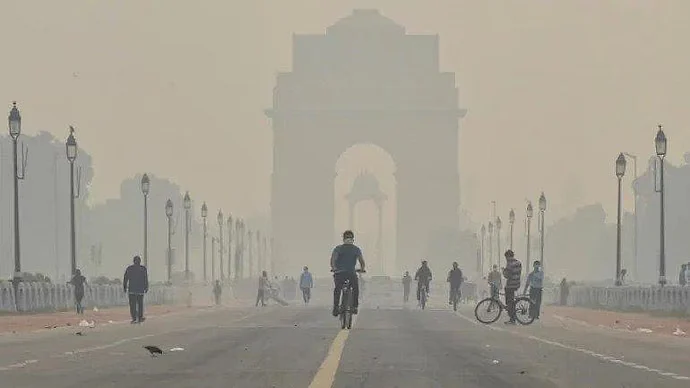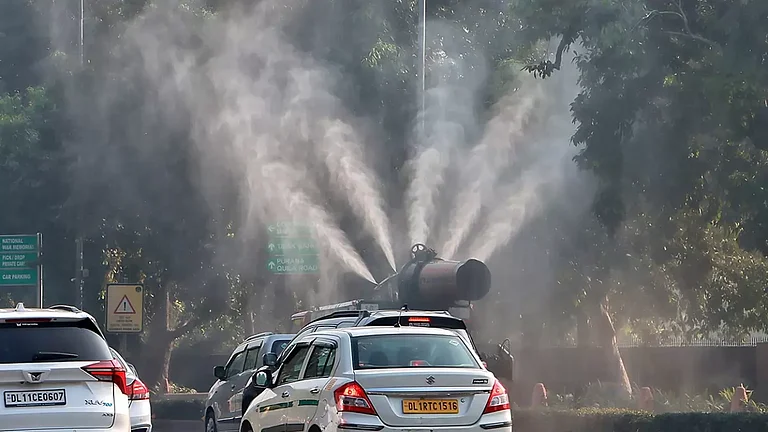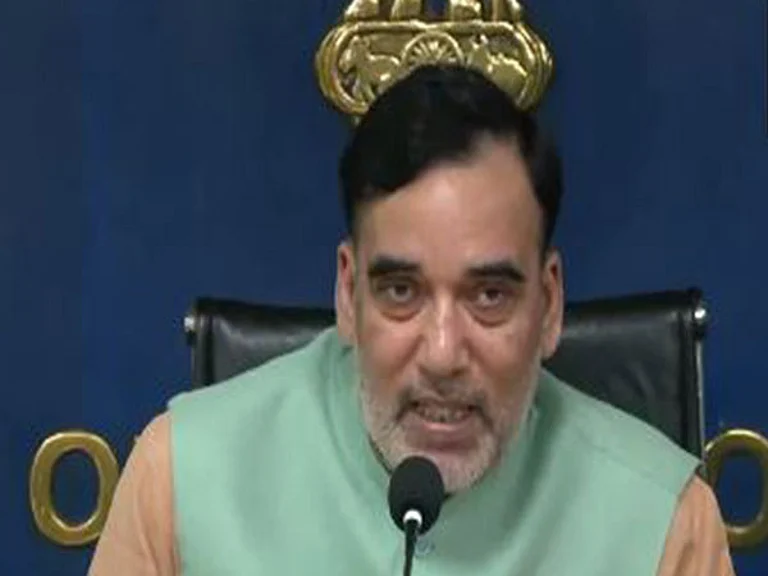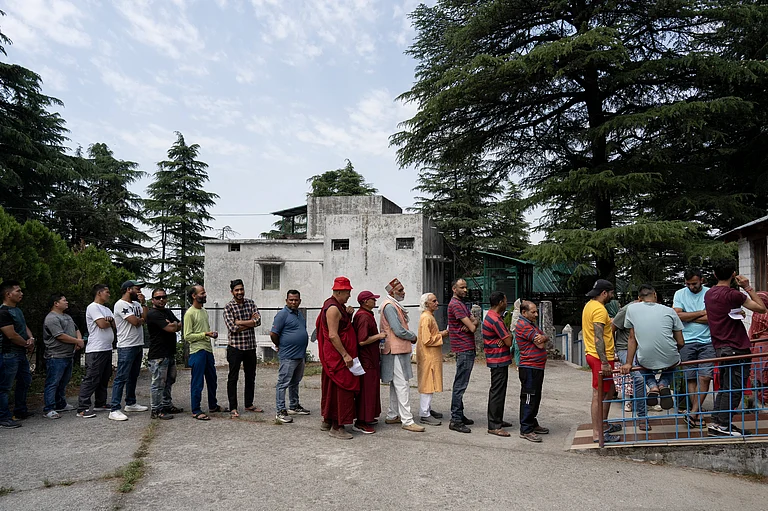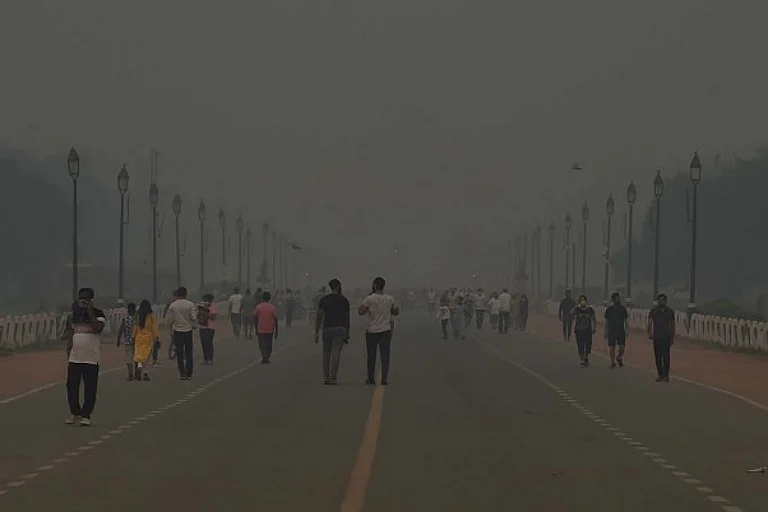Amid a notable decline in air quality this week, the Supreme Court on Friday lambasted the central air quality panel Commission for Air Quality Management (CAQM) over inaction despite a rise in crop burning in north Indian states. Crop burning is considered a leading cause of air pollution in the northern region of the country.
What did SC say?
"Every year we see stubble burning. There has been total non-compliance of the CAQM Act. Have committees been constituted? Please show us a single step taken. Which directions have you used under the Act? You are silent spectators. You are doing nothing," the court said.
According to the two-judge bench, further efforts were required to ensure the optimal usage of stubble burning alternative equipment at grassroots level.
Highlighting there were hardly any directions issued under the CAQM Act. the court said, "Though the commission has taken certain steps, it needs to be more active, and it must ensure that its efforts and directions actually translate into reducing the problem of pollution."
Delhi's winter plan to battle air quality issue
Every year ahead of winter the national capital region is known to grapple with an air quality crisis which turns extremely hazardous around Diwali. In a pre-emptive measure, Delhi government recently designed a Winter Action Plan based on several key focus areas.
While speaking on the plan, AAP leader and Environment Minister Gopal Rai said, "A ban on firecrackers will be implemented this year as well and once the notification is issued, the ban will be fully enforced. GRAP (Graded Response Action Plan) stages will come into effect and 588 teams have been formed to control the open burning of garbage. We will encourage work from home and voluntarily reducing the use of private vehicles. If necessary, the odd-even (road rationalisation) scheme will be implemented, and artificial rain is also an option that we are exploring."
The important action plans adopted to combat air pollution this year include drone monitoring at 13 pollution hotspots, controlling stubble burning, formation of 6-member task force, deployment of mobile anti-smog guns, anti-dust campaign launch, deployment of road-sweeping machines, imposing ban on firecrackers, implementing GRAP stages, artificial rain amongst several others.






